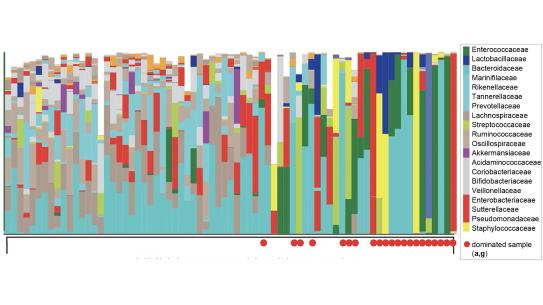Rational Microbiome Engineering
Speaker:
Jonas Schluter, PhD
Assistant Professor, Department of Microbiology
Inst. For Computational Medicine, NYU Grossman School of Medicine
Abstract:
The human gut microbiome comprises a vast ecosystem of microorganisms. Dr. Schluter’s lab is currently describing associations between this ecosystem and human health. They are beginning to unravel biological mechanisms by which microbes could cause health-changing effects. As causality becomes clearer, therefore, engineering of the microbiome is an emerging challenge. But this is difficult: how do you exert control over a complex ecosystem; an ecosystem that changes over time, and within which each constituent member has evolved to resist control? Evolutionary theory is a necessary guide towards identifying principles by which control may be feasible. Dr. Schluter will first discuss evolutionary drivers in the microbiome; second, he will present how statistical physics can help make control-theory inspired predictions about ecosystems behaviors; third, he will describe data-driven inference approaches to learn ecological rules in the microbiome, and factors associated with bacterial dynamics in the gut. Together, they provide the fundament to develop microbiome engineering strategies. The colloquium will close with a brief presentation of first human trial results from a microbiome-targeted intervention built around principles of rational microbiome engineering.
Dr. Schluter receive his PhD in from Oxford University in 2014. There, under the tutelage Kevin Foster, he developed ecological and evolutionary models of the gut microbiota, and built computer simulations of gut epithelium-associated microbial populations. After that he became an independent JSPS research fellow at Sokendai in Japan, where he studied game-theory as an investigate evolutionary conflicts in the microbiome. In 2015 he joined Joao Xavier's group at Memorial Sloan Kettering Cancer Center in New York City as a Research Scholar. For the next 4 years he would studied how the gut microbiota influences the health and immune system of cancer patients, leveraging vast clinical data sets and interventional trials. In 2020 he accepted a position as Assistant Professor at the NYU Grossman School of Medicine.


